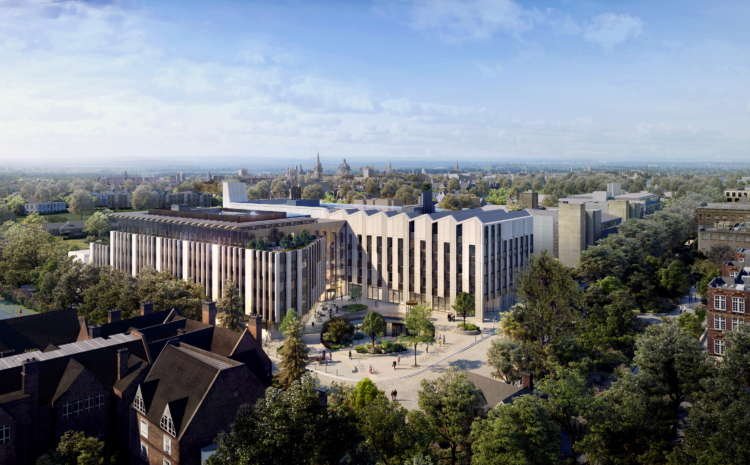Top Stories
Pandemic prompts European life sciences real estate rush
Published by linker 5
Posted on April 20, 2021
1 min readLast updated: January 21, 2026

Published by linker 5
Posted on April 20, 2021
1 min readLast updated: January 21, 2026

Explore more articles in the Top Stories category











